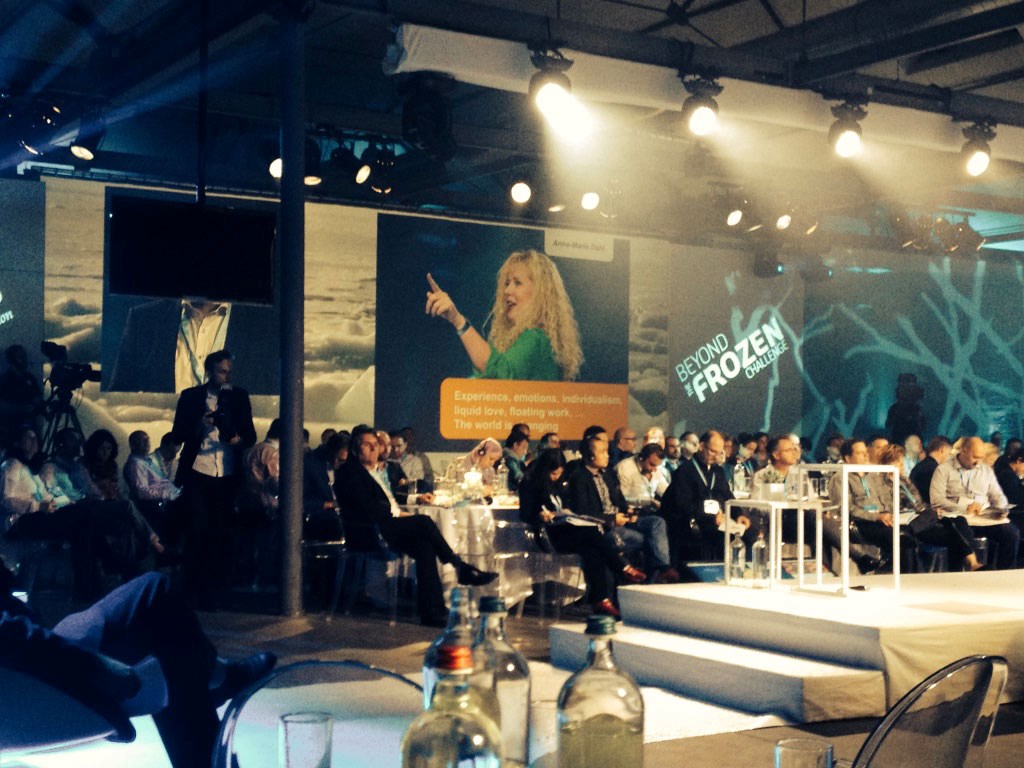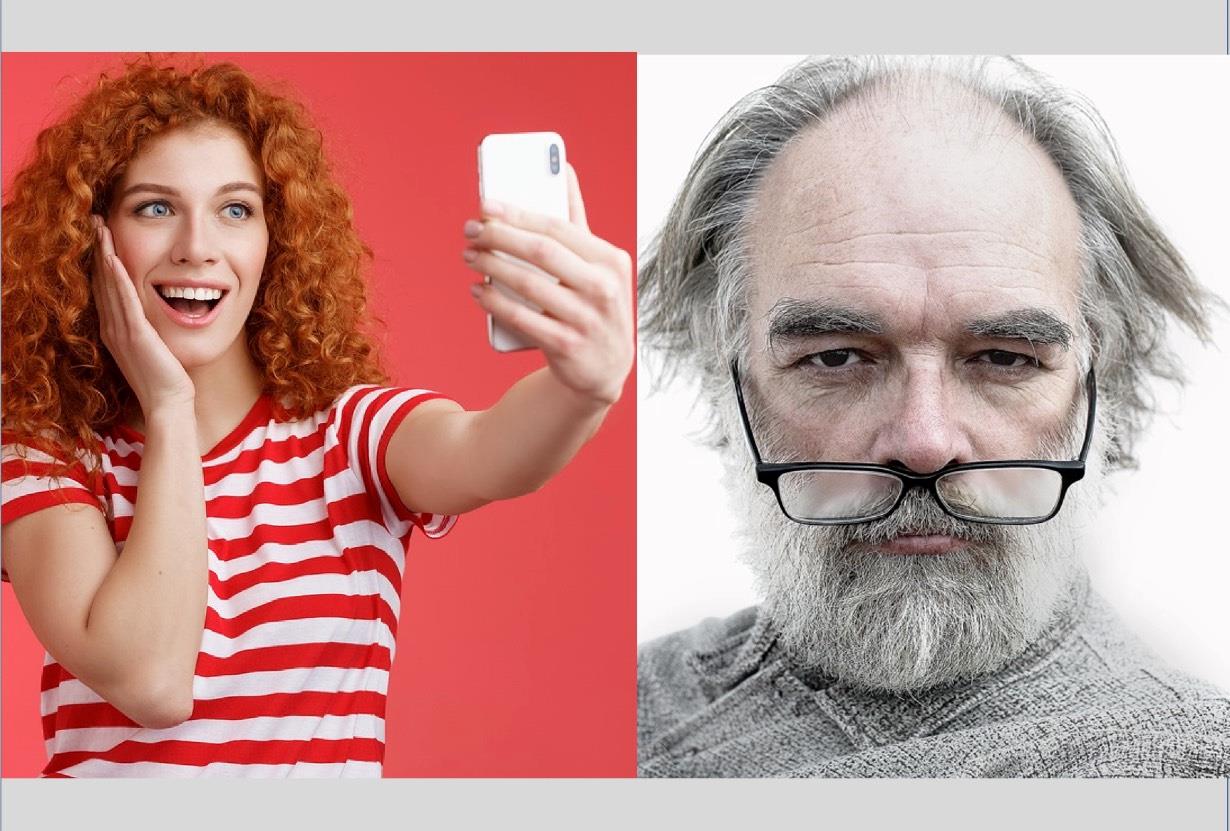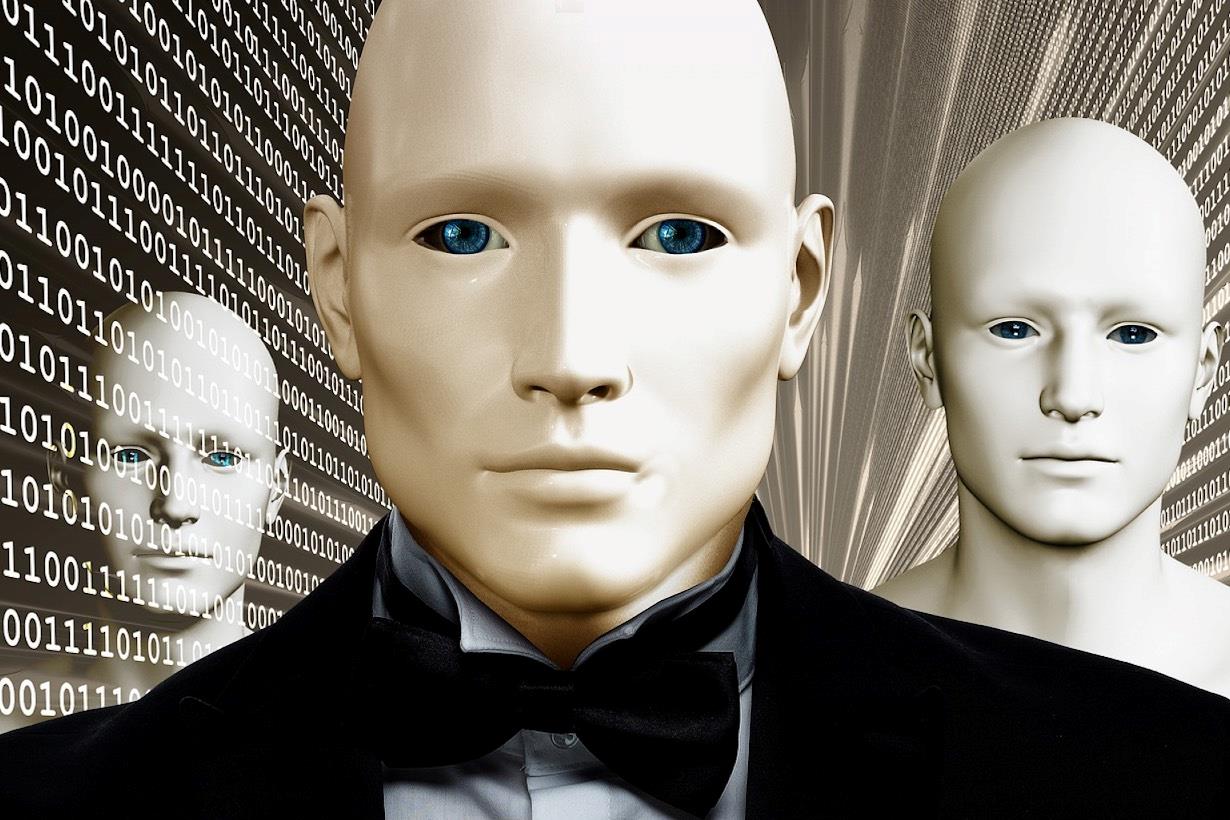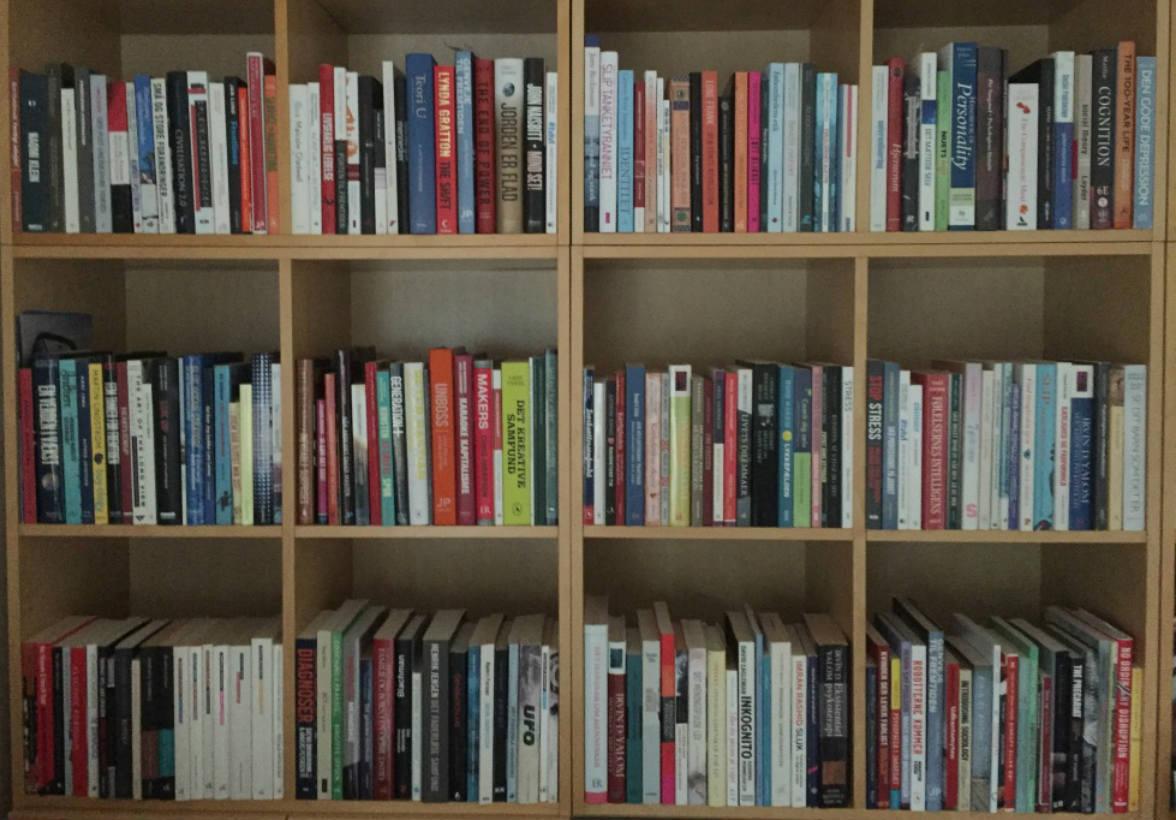
Megatrends in Brazil
Interpretations in relation to the future labor market and consumers
By futurist Anne-Marie Dahl, Futuria
How can you interpret the main megatrends in relation to a very large economy like the Brazilian? Will you find the same trends as in Western Europe or are the economic and cultural differences too big? As a futurist, it is always important, but especially when you are abroad, to be both humble and doubtful.
Although Brazil has a high economic and social inequality and especially after the financial crisis some major economic challenges, it actually made sense to interpret megatrends in relation to future consumers and the future labor market, respectively, in a presentation for Nivea Brasil and at the Wired Festival Brasil. I was asked the same questions and heard the same comments that I do in Europe.
The most interesting thing about megatrends is that they are so general and long-term that they probably affect all countries – of course with different strengths depending on the economic reality and cultural context. When it comes to globalization and digitization, it's understandable, while megatrends such as individualization and transition to a more emotional society may be more amazing. At the same time, it is interesting that sustainability and stress issues also have a strong focus in Brasil.
In connection with the Wired festival Brasil, I was interviewed to a variety of media, including the following angles:
In your words, what is futurism?
I prefer to use the term “future science” instead of “futurism” to avoid misunderstandings.
Future science is part of the social science family, and is very closely connected to sociology when it comes to theories and methods. To become a futurist, I believe you have to have an educational background in political science, technology, sociology etc.
Future science is an attempt to predict challenges in the future, but of course looking into the future, you can´t prove anything at all! As a futurist you look at strong tendencies – megatrends – how they will affect people and society in the future. And you combine megatrends and possible counter tendencies in scenario processes to create a strategic discussion about the future. I have worked in very different companies and governments and I believe scenario planning is a very useful tool for most companies.
How can it be used to guide us in preparing for the challenges to come?
Looking at megatrends like globalization, individualization, digitalization etc. you can discuss how these megatrends will affect the labor market, consumers, families etc. and have a strategic discussion about the possible effects. You don’t know exactly what is going to happen but your mind and plans will be prepared.
What are the main macro-trends of technology?
I am not a specialist in technology but rather in how new technologies affect human beings and whether we will accept new technologies. It will be possible for example to create new types of food using technology but will we accept artificial meat? I think the psychological aspects are very important when it comes to technology.
How is it possible to be a more global and more individual society at the same time?
In a global digital world, you can be inspired of tendencies from all over the world, picking and choosing whatever you like, develop you own unique lifestyle and through the social media show everybody how special you are.
Of course, globalization also means you can find the same shops/brands in almost every big city in the world, so in this sense people all over the world wear the same dress like for example Havaianas, but still each individual can create exactly his or her special lifestyles and expression at the social media.
How do you see social medias in the future? In Brazil, for example, they influenced even the presidential election.
Social media will be a big thing also in the future. From a democratic point of view this is a challenge. Looking at it in a positive way more people get access to express their opinions and meet people from all over the world in a discussion. The more negative aspects are that we lack real discussion just “liking” without reading the posts and fake news is a real challenge.
In your lecture at the Wired Festival Brazil, you talk about emotional society. How would you define it?
In the industrial society the most important thing was strong mussels to be able to work hard at the factories. The main products were psychical products.
In the information society machinery took over and people went to work in offices and shops using their brain and it was important to be rational. The companies started to develop rational solutions for the consumers.
In the future we will work with innovation and creativity and you have to use your special emotional human skills, your heart. And companies have already started to create more emotional products buy adding a story to the product. This is the experience economy.
For the companies this also means you have to handle more emotional workers and if the working conditions and leadership isn´t nice the employees will get stressed or leave the company. Young people are brought up in a much more emotional society and they expect to have fun and develop themselves as a unique person at the workspace.
Nyhedsbrev
Vil du vide mere om fremtiden? Tilmeld dig nyhedsbrevet fra fremtiden med artikler og analyser om, hvordan megatrends påvirker os som mennesker, information om foredrag og meget andet. Nyhedsbrevet udkommer ca. 10-12 gange årligt.









Følg mig her: